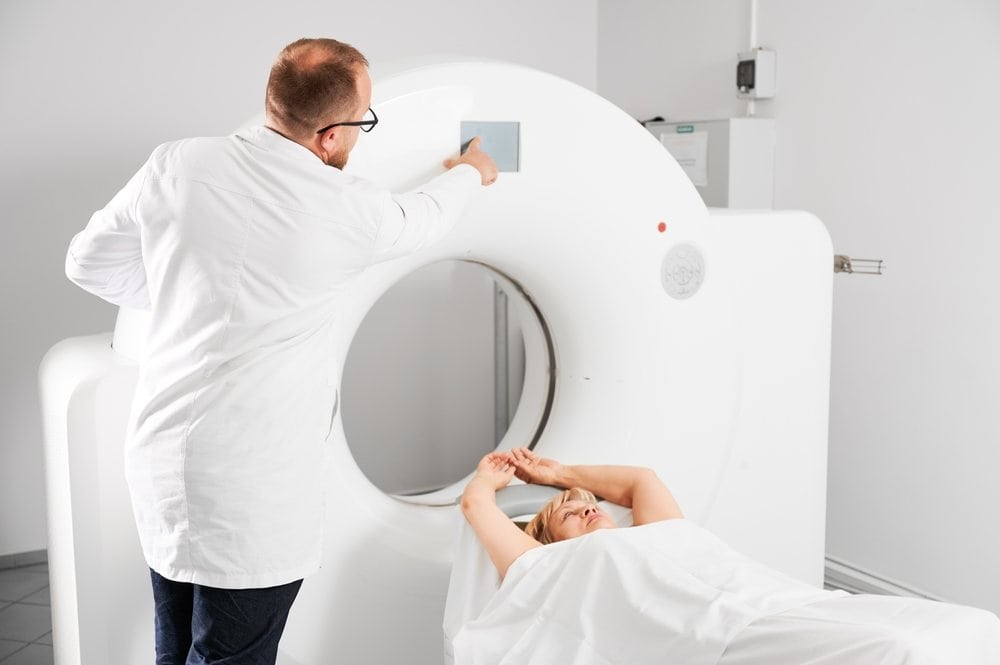Car accidents, while physically jolting, can also have unforeseen consequences on our vision. The sudden impact, abrupt jerking motions, and potential head traumas during such events can disturb the delicate structures of the eye or related neural pathways. As a result, many individuals post-accident find themselves grappling with the unsettling experience of blurry vision, which can stem from various causes ranging from direct eye injuries to concussions.
In the aftermath of a car accident, it’s important to seek medical attention immediately if you experience blurry vision. In this article, we will explore the causes, symptoms, and treatment options for blurry vision after a car accident.
What Causes of Blurry Vision After a Car Accident?

Blurred vision can occur after a car accident due to several reasons:
Impact to the head: During a car accident, the force of impact can cause the head to jerk back and forth or hit against an object, leading to injuries to the eyes, optic nerves, or brain.
Whiplash: Whiplash is a common injury in car accidents that can result in neck strain and affect the muscles and tendons in the neck. This strain can impact the alignment of the eyes and cause visual disturbances.
Concussion: A concussion is a type of traumatic brain injury that can occur when the head experiences a sudden jolt or blow, such as during a car accident. Concussions can disrupt the normal functioning of the brain, including vision.
Symptoms of blurry vision after a car accident blurred vision may manifest as:
- Difficulty focusing on objects
- Double vision
- Hazy or cloudy vision
- Sensitivity to light
- Eye strain or fatigue
It’s important to note that these symptoms may not immediately appear after a car accident. They can develop gradually over time, sometimes even weeks or months later.
Seeking Medical Attention: When Should I Go to the Doctor?
If you experience blurry vision after a car accident, it is crucial to seek medical attention promptly. Even if the symptoms seem mild or temporary, they can indicate underlying eye injuries or more severe conditions that require treatment.
Diagnosis and Treatment Options for Blurred Vision After Auto Accident

When you visit a healthcare professional, they will conduct a thorough examination to evaluate the extent of your injuries and determine the cause of your blurry vision. The examination may include:
- Checking visual acuity
- Assessing eye movements and coordination
- Evaluating the health of the eyes and surrounding structures
- Conducting neurological tests to assess brain function
Diagnostic Imaging
In some cases, diagnostic imaging tests may be recommended to obtain a clearer picture of your condition. These tests may include:
CT scan: A CT scan provides detailed images of the head, neck, and brain, allowing healthcare professionals to identify any abnormalities or injuries.
MRI: An MRI can provide more detailed images of the brain, optic nerves, and surrounding structures, helping to detect any internal injuries or abnormalities.
Treatment Options for Blurry Vision After a Car Accident
The treatment for blurry vision after a car accident will depend on the underlying cause and severity of the condition. Some common treatment options include:
Medication: If the blurry vision is caused by inflammation or swelling in the eyes or brain, your healthcare professional may prescribe medication to reduce inflammation and manage pain.
Vision therapy: Vision therapy is a specialized treatment that involves exercises and activities aimed at improving visual function and coordination. It can help strengthen eye muscles, improve focusing abilities, and alleviate visual disturbances.
Surgery: In severe cases where there is significant damage to the eyes or surrounding structures, surgery may be necessary to repair the injuries and restore vision.
Chiropractic therapy: After a car accident, misalignments in the spine or neck can affect the nerves connected to the eyes, leading to blurry vision. Chiropractic adjustments can help realign the spine and neck, which can alleviate the pressure on the nerves and potentially improve vision issues. This therapy is especially relevant if the blurred vision is accompanied by neck pain or headaches. Consulting with a chiropractor experienced in post-accident care can provide a comprehensive approach to addressing vision problems related to spinal misalignments.
Tips for Managing Blurry Vision After a Car Accident
Here are five tips to help manage and potentially improve blurry vision following an automobile accident:
- Immediate Medical Evaluation: Always seek immediate medical attention after an accident. A healthcare professional can diagnose the cause of your blurry vision and recommend appropriate treatment options.
- Chiropractic Care: Blurred vision can sometimes result from spinal or neck misalignments due to the accident’s impact. Consulting with a chiropractor can be beneficial, as they can provide adjustments to alleviate pressure on nerves connected to the eyes and potentially rectify vision problems related to these misalignments.
- Rest and Eye Care: Give your eyes ample time to recover by resting them regularly. Avoid straining them with prolonged screen time or reading, and protect them from direct sunlight using sunglasses.
- Follow Prescribed Treatments: If medications, eye drops, or vision therapy exercises are prescribed by your healthcare professional, ensure you follow the recommended schedule and dosage. Adhering to prescribed treatments can expedite your recovery process.
- Regular Check-ups: After the initial treatment, it’s essential to schedule regular check-ups with your doctor to monitor your vision and ensure there are no lingering issues or complications.
By following these tips and staying proactive in your care, you can increase the chances of a full and swift recovery from blurry vision after a car accident.=
Your Journey to Healing with ProCare Medical Centers
Car accidents can be tough, both physically and emotionally. If you’re facing issues like blurry vision or other injuries, you need a dependable medical team. That’s where ProCare Medical Centers come in.
Why ProCare?
Specialized Care: We have a team of medical experts dedicated to treating car accident injuries.
All-in-One Services: From chiropractic, orthotics, car accident injury treatment, and neurology, we’ve got you covered.
Easy Appointments: Walk-ins? Check. Same-day appointments? Yes.
Hassle-Free Paperwork: Our office staff assists you with necessary insurance paperwork, ensuring your care is covered without added stress.
Experiencing pain or discomfort after an accident? Let ProCare help. Book with us now for care that’s both professional and compassionate. We’re here to support you on your path to recovery.
Frequently Asked Questions
How Long Does Blurred Vision Last after a Car Accident?
The duration of blurry vision can vary depending on the severity of the injury and the individual. In some cases, it may resolve within a few days or weeks, while in others, it may persist for a longer period.
Why Is My Eyesight Worse after a Car Accident?
Car accidents can cause physical trauma to the eyes and surrounding structures, leading to temporary or permanent changes in eyesight. The impact of the collision can result in injuries such as damage to the optic nerves, changes in the shape of the eye, or misalignment of the eyes.
Can Blurry Vision after a Car Accident Cause Temporary Blindness?
In some cases, blurry vision after a car accident may be accompanied by temporary blindness or partial vision loss. This can be a result of severe trauma to the eyes or optic nerves. It is essential to seek immediate medical attention if you experience temporary blindness or any significant changes in vision.
Can Double Vision Occur after a Car Accident?
Yes, double vision is a common symptom that can occur after a car accident. It is often a result of eye muscle weakness or misalignment caused by head trauma. Double vision should be evaluated by an eye care specialist to determine the underlying cause and develop an appropriate treatment plan.



